
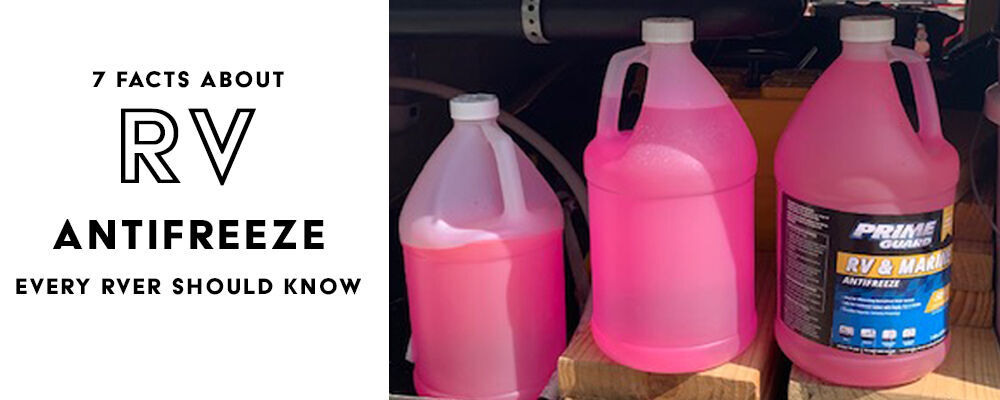
Winterizing Your RV with Antifreeze:
7 Facts about RV Antifreeze Every RVer Should Know
7 Facts about RV Antifreeze Every RVer Should Know
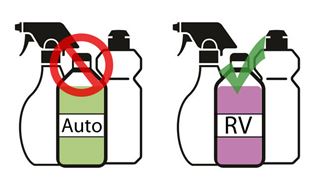
Is RV Antifreeze Toxic to Humans?
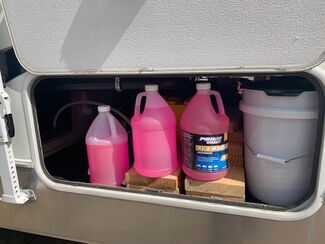
Is RV Antifreeze Toxic to Animals?
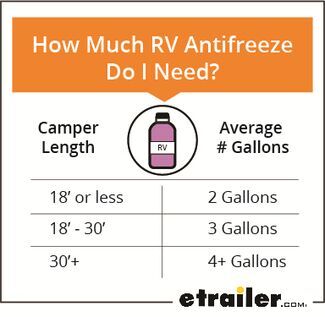
How Much Antifreeze Do I Need to Winterize My RV?
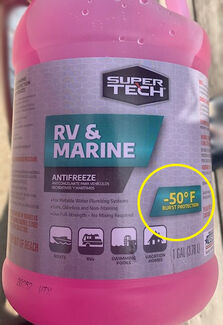
Does RV Antifreeze Freeze?
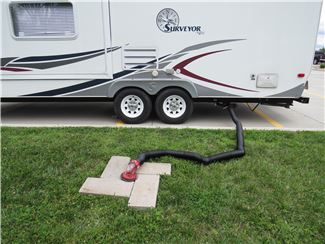
How Do I Dispose of RV Antifreeze?
How Do I Put Antifreeze in an RV?
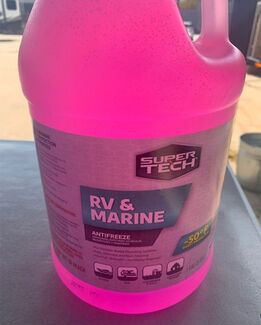
Can You Put RV Antifreeze in the Fresh Water Tank?

Departments
Towing
- Trailer Hitch
- Fifth Wheel
- Gooseneck
- Towing a Vehicle
- Front Hitch
- RV Hitch
- ATV Hitch
- HD Truck Hitch
- Vehicle Wiring
- Brake Controller
- Ball Mounts
- Weight Distribution
Sports and Recreation
Trailer Parts
- Utility Trailer
- Boat Trailer
- Landscape Trailer
- Enclosed Trailer
- 5th/Camper Trailer
- Car Hauler
- Horse Trailer
Vehicle
Contact & Help

What our customers are saying:
"In these days of customer "no service" I am usually disapointed when doing business with people I don't know. It was refreshing doing business with you. I'm impressed!"
Randy
Watkinsville, GA
Popular Vehicles
- Subaru Forester
- Ford F-350 Super Duty
- Ford F-250 Super Duty
- Chevrolet Silverado 1500
- Jeep Wrangler Unlimited
- Jeep Wrangler
- Ram 3500
- Toyota Highlander
- Ram 2500
- Chevrolet Silverado 2500
- Subaru Outback Wagon
- Chevrolet Silverado
- Dodge Ram Pickup
- GMC Sierra 2500
- Ram 1500
- Ford F-250 and F-350 Super Duty
- Jeep Grand Cherokee
- Toyota Tacoma
- GMC Sierra 3500
- Toyota Tundra
- Ford Escape
- More >>


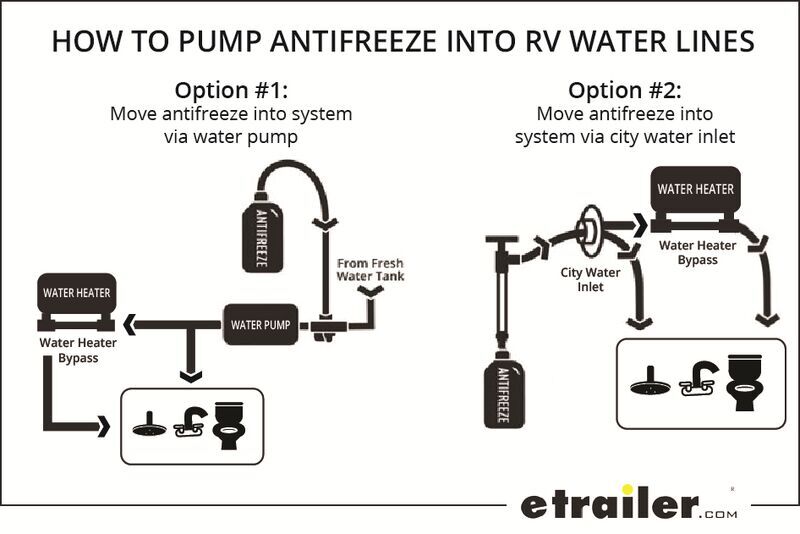
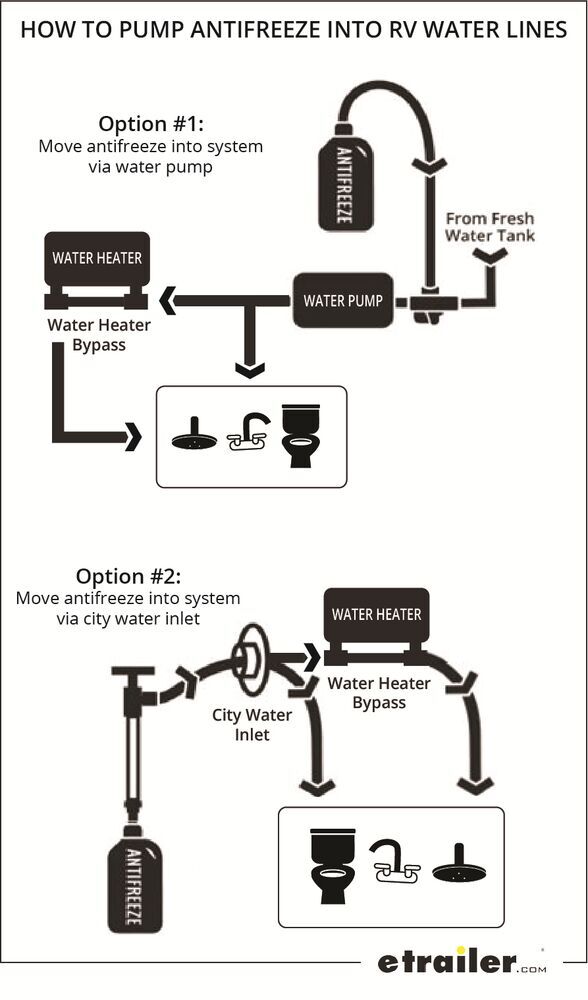
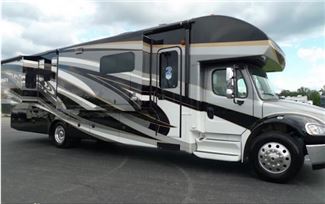
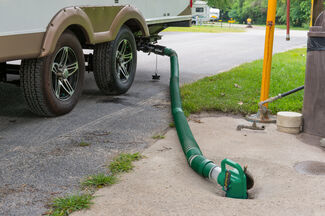
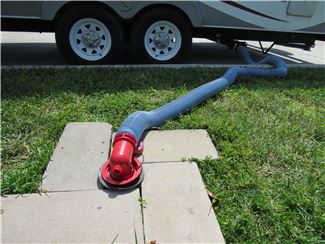
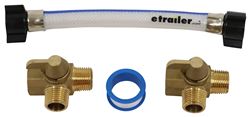
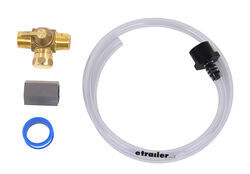
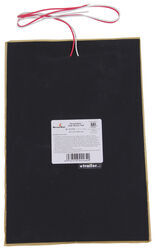














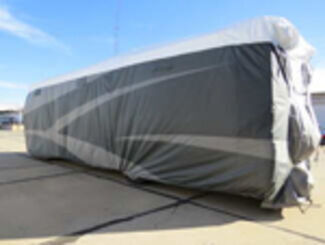




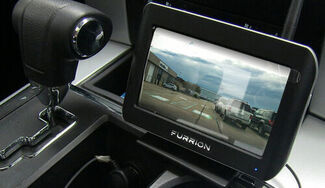


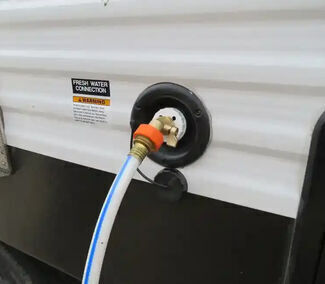


Phil N.
3/24/2023
My coach is fully winterized and all lines from the fresh water tank have been filled with pink RV antifreeze. The fresh water tank has been drained. Does the pink antifreeze act as a disinfectant or do I still need to run a bleach solution through these lines when I sanitize my fresh water tank with bleach. It sure would be easier if I didn't need to run the bleach solution through each of the interior RV fresh water lines! Thanks!